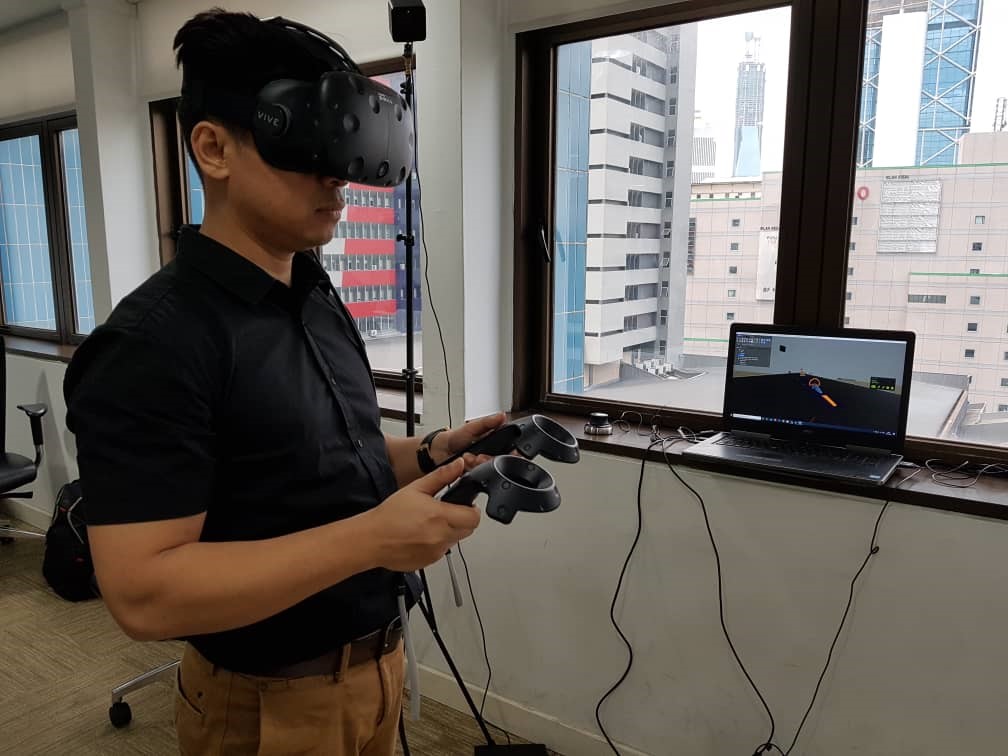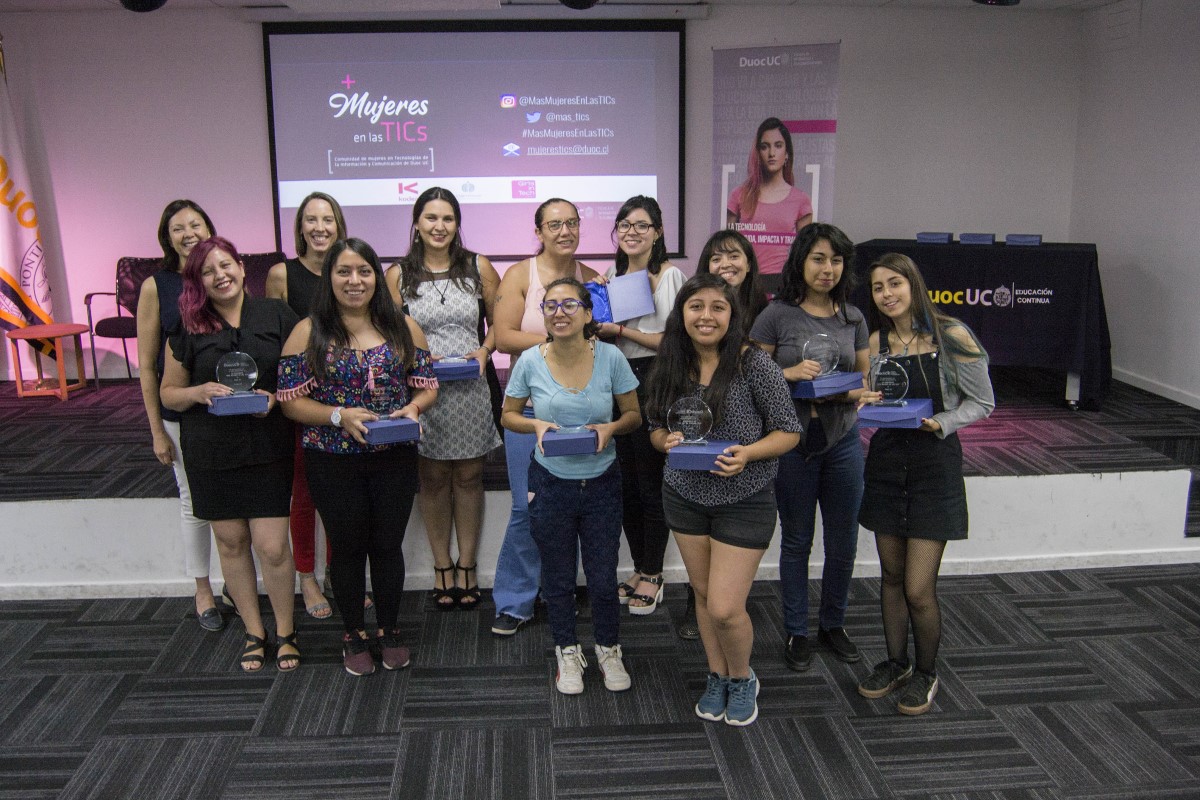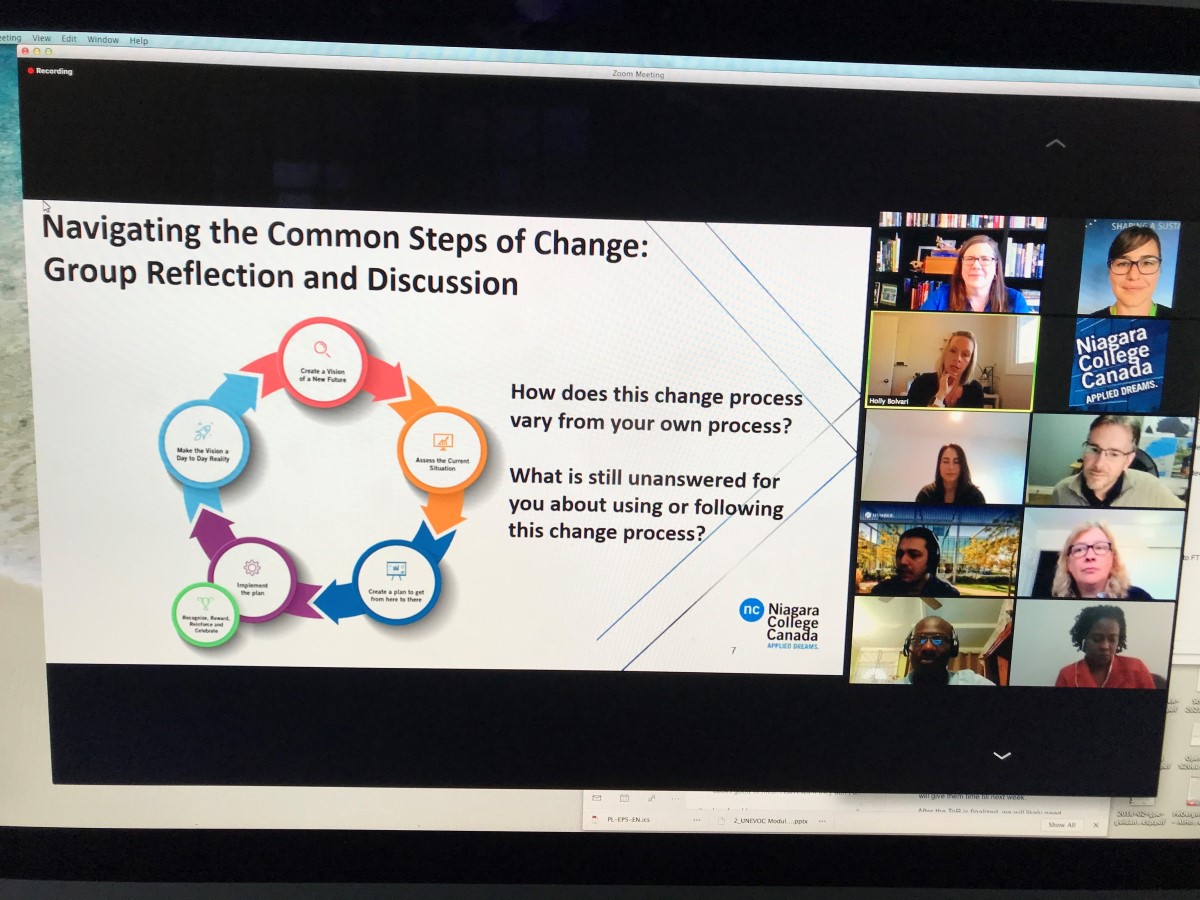
The UNESCO-UNEVOC International Centre: Who We Are | What We Do | Working With Us | Get in Touch
The UNEVOC Network: Learn About the Network | UNEVOC Network Directory
For Members: UNEVOC Centre Dashboard
Thematic Areas: Inclusion and Youth | Digital Transformation | Private Sector Engagement | SDGs and Greening TVET
Our Key Programmes & Projects: BILT: Bridging Innovation and Learning in TVET | Building TVET resilience | TVET Leadership Programme | WYSD: World Youth Skills Day
Past Activities: COVID-19 response | i-hubs project | TVET Global Forums | Virtual Conferences | YEM Knowledge Portal
Our Services & Resources: Publications | TVET Forum | TVET Country Profiles | TVETipedia Glossary | Innovative and Promising Practices | Toolkits for TVET Providers | Entrepreneurial Learning Guide
Events: Major TVET Events | UNEVOC Network News

The COVID-19 pandemic has significantly impacted the labour market and education landscape. Around the world, measures to slow the spread of the virus included closing public institutions, schools and workplaces.
Technical and vocational education and training institutions (TVET) shifted to online learning to ensure that students continued to have access to quality education and training. However, the practical and hands-on nature of TVET meant that institutions faced challenges adapting teaching to online modes and equipping teachers and students to cope with the changing environment.
As part of UNESCO-UNEVOC’s 2020 Special Edition TVET Leadership Programme, TVET institutions were supported in addressing such challenges.
Promising and innovative practices emerging from these activities provide a basis for the peer learning programme under UNESCO-UNEVOC’s current COVID-19 response project — Strengthening the Responsiveness, Agility and Resilience of TVET Institutions for the Post-COVID-19 Era — and are shared through regional online activities as well as the Promising and Innovative Practices database.
These initiatives strengthened participants’ knowledge and skills and equipped them with practical tools and resources. Each of the three institutions highlighted below have partnered with three UNEVOC Centres in their regions to engage in peer learning delivered through webinars, workshops and assignments. Through this exchange of knowledge and lessons learned, TVET institutions are encouraged to adapt these initiatives to suit their own context and strengthen their capacity to manage future disruptions.
Developing a digital learning platform

Universiti Tun Hussein Onn Malaysia (UTHM), a UNEVOC Centre, initially introduced a Digital TVET Learning Platform to address needs related to the pandemic. However, it soon became evident that the platform was valuable not just as a stop gap, but as a longer-term learning system to meet the changing skills needs of the digital economy and the essential competencies for a digital future. UTHM recognized that it was not enough to shift modules online, but that teachers and instructors needed coaching and support to use the platform and new training tools.
Peer learning materials were developed based on an analysis of participants' needs while capacity-building workshops focused on integrating Open Education Resources (OER), Augmented Reality (AR) and Virtual Reality (VR) to closely simulate a practical environment. Participants are expected to share the knowledge gained from the programme with staff at their respective institutions.
Bridging the digital gender divide

The shift to virtual classes forced by the pandemic could have threatened this progress. Instead, the pandemic has been used as an opportunity to scale-up the programme to reach other regions without incurring significant extra costs, accompanied by well-defined indicators to monitor the expansion. This led to a significant increase in new student enrolment. From 40 students in 2019, the number of female ICT students increased six-fold to 247 at the end of 2020.
To help scale-up the programme, Duoc UC improved its online courses and developed a handbook so that activities could be replicated by other teachers
and institutions in Chile and around the world.

Niagara College![]() in Canada launched an initiative to build TVET leadership skills in times of crisis and disruption that included tools for planning change and building resilience. Feelings of insecurity due to rapid change during the crisis and a drop in confidence from lack of familiarity with online learning platforms were seen as unspoken barriers to post-COVID-19 recovery.
in Canada launched an initiative to build TVET leadership skills in times of crisis and disruption that included tools for planning change and building resilience. Feelings of insecurity due to rapid change during the crisis and a drop in confidence from lack of familiarity with online learning platforms were seen as unspoken barriers to post-COVID-19 recovery.
The modules developed by Niagara College supported and engaged participants as they navigated the new learning environment. This was combined with the development of inclusion strategies. Training in self-awareness and managing change also helped to boost confidence. The programme enables TVET leaders to reflect on both personal and institutional change styles and consider how to integrate change management theory into daily practice.
These peer learning activities are set to continue beyond the scope of the COVID-19 response project with the development of open access handbooks and resources. Drawing key lessons from successfully implemented initiatives will enable TVET institutions to plan ahead and build resilience to future challenges in the post-pandemic era.
Find out more about UNESCO-UNEVOC’s COVID-19 response project